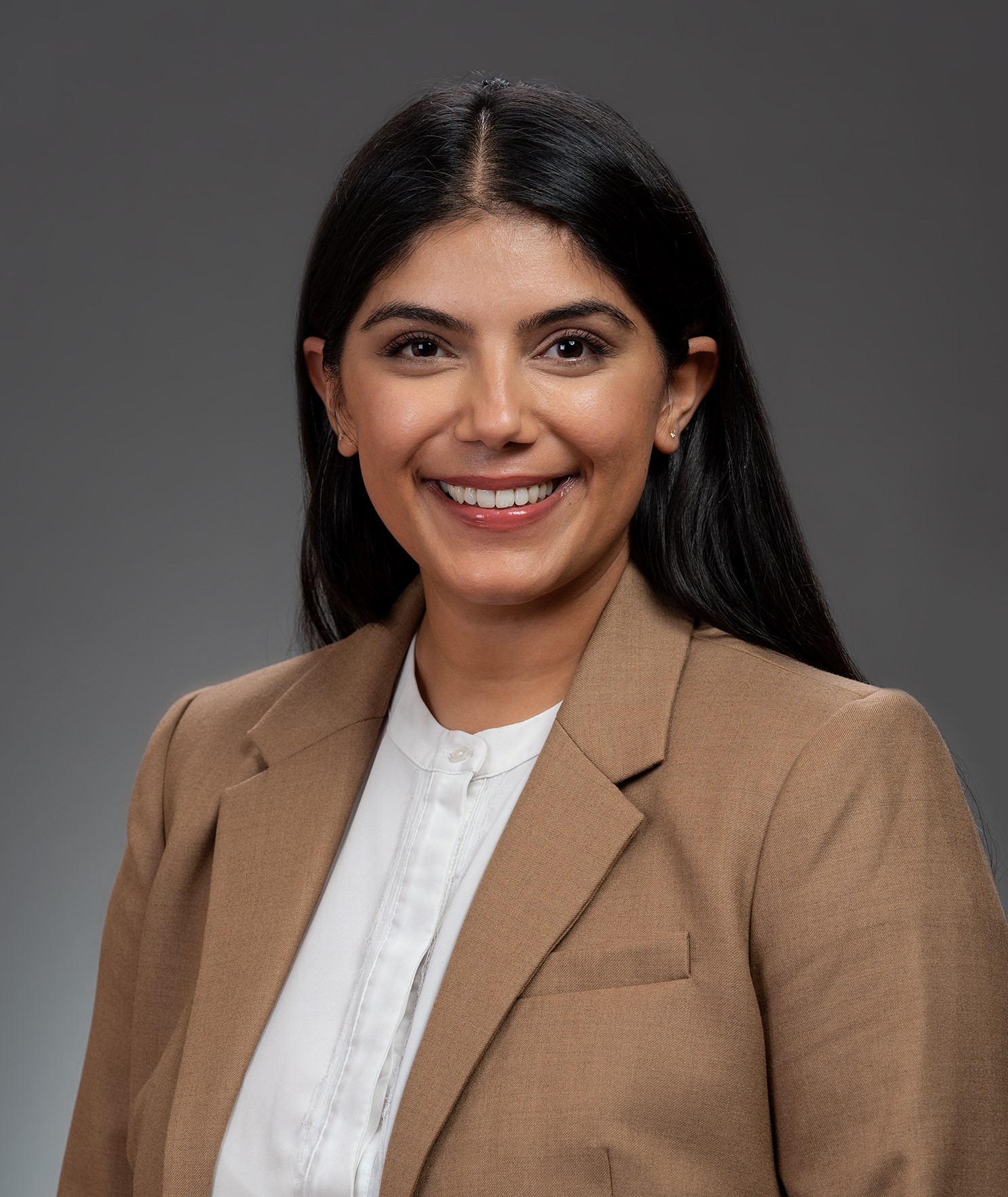
By Navpreet (Navi) Atwal, MHA, CAHL Secretary, Executive and Nominating Committee
Several years into her professional career, CAHL Secretary Navi Atwal reached a point of inflection that meant she would have to choose one career path or another in order to advance in either of two very different worlds. The pressure to make a long-term career choice while still learning and being energized by discovering new skills and functional areas is one many CAHL members face. Navi shares her thoughts on her own journey of exploration.
I started my career in project management, helping Kaiser Permanente’s Sacramento Medical Center with capital projects, and I enjoyed every moment of it. From working with my colleagues to discover ways to improve care through PI initiatives to witnessing a complete build of a medical office building, it felt like a natural-born skill to organize and drive teams forward to the finish line. In those early years, as I transitioned into a national role, I discovered a new passion: healthcare finance. More particularly, translating between business, finance, and IT. Working with the national team, I was fortunate to join workgroups that collaborated with colleagues across the enterprise to enhance the ERP to drive forward operations.
Wearing the hat of a project manager and financial analyst, I quickly realized that I would have to choose one to advance in either of the two worlds in the future.
Overwhelmed by the growing pressure of a long-term career choice, I began seeking options in the organization that would allow me to continue to grow while helping me decide on one path. In my search, I learned about Kaiser Permanente’s Pathfinder Rotation Program, which enables employees to complete 8-month rotations across the enterprise to strengthen business knowledge and gain new expertise. Unlike Kaiser Permanente’s Administrative Fellowship, the Pathfinder Program represents an evolution of a fellowship program by expanding the requirements criteria to allow those without a master’s degree to be accepted.
An Intentional Approach to Learning, With Unintentional Benefits
I entered the program with clear intentions:
- Gain a deeper understanding of financial planning and analysis.
- Learn how the organization operates.
- Attain the skills and experiences necessary to exit into a role in finance.
I completed two rotations, one with the Northern California market’s Financial Planning and Analysis team and the other in Resource Utilization Management/Hospital Operations. I selected both to provide me with experience in finance strategy and operations to achieve my goals. Having a background in finance allowed me to jump into complex work, which included working on the health plan’s relationship with the medical group, including medical agreement negotiation and analysis of the medical group’s monthly for senior leaders. With the Resource Utilization Management/Hospital Operations, I focused on growing a seed idea into a thriving program promoting collaboration across local and regional leaders to improve and monitor utilization. With both teams, I learned to become meticulous with details and leverage my organizational skills to continue encouraging daily team success. I gained confidence in conveying the story behind the numbers to senior leaders, helping them better understand the impact of decisions. Witnessing new leaders join the market’s leadership team allowed me to see major cultural shifts and the power of influence a leader can have.
 Although I had predicted I would gain this type of experience and knowledge, what I did not plan for, and the most significant benefit, was personal growth and the lifelong lessons that will impact my career. With the FP&P team, I gained skills I will carry into my career. I learned how to become meticulous with details and lend my organizational skills to succeed daily. I gained confidence in conveying a story behind the numbers to senior leaders. Witnessing new leaders join the market’s leadership team allowed me to see cultural shifts and the power of influence a leader can have. Working with several leaders, I learned how to translate my skills and strengths across functions.
Although I had predicted I would gain this type of experience and knowledge, what I did not plan for, and the most significant benefit, was personal growth and the lifelong lessons that will impact my career. With the FP&P team, I gained skills I will carry into my career. I learned how to become meticulous with details and lend my organizational skills to succeed daily. I gained confidence in conveying a story behind the numbers to senior leaders. Witnessing new leaders join the market’s leadership team allowed me to see cultural shifts and the power of influence a leader can have. Working with several leaders, I learned how to translate my skills and strengths across functions.
The most meaningful lesson I learned was learning to be comfortable in the gray. So much of what we do in healthcare is gray. There are no guarantees of an outcome, yet all of us learn, train and do our best every day and give our best effort to those who matter most, our patients.
Considerations for Those Considering a Rotation Program
Now having transitioned out of the rotation program and enjoying thriving in the gray, I share a few lessons with anyone considering a rotation program:
- Know why you are there and where you want to go.
- Be open to new ideas and practices.
- Listen more and talk less, but know when to speak up because you may have the answer.
- Read the room; it will tell you a lot about the culture.
- Keep a reflection book to help lift spirits on those hard days.
- Celebrate the wins. I recommend starting a “brag bag,” just a folder in your inbox full of compliments to revisit occasionally.
- Focus on relationships, not transactions. People tend to remember how you made them feel, so I recommend investing the time to make those feel good.
- Work to understand the impact you would like to make; it will become your “why.”